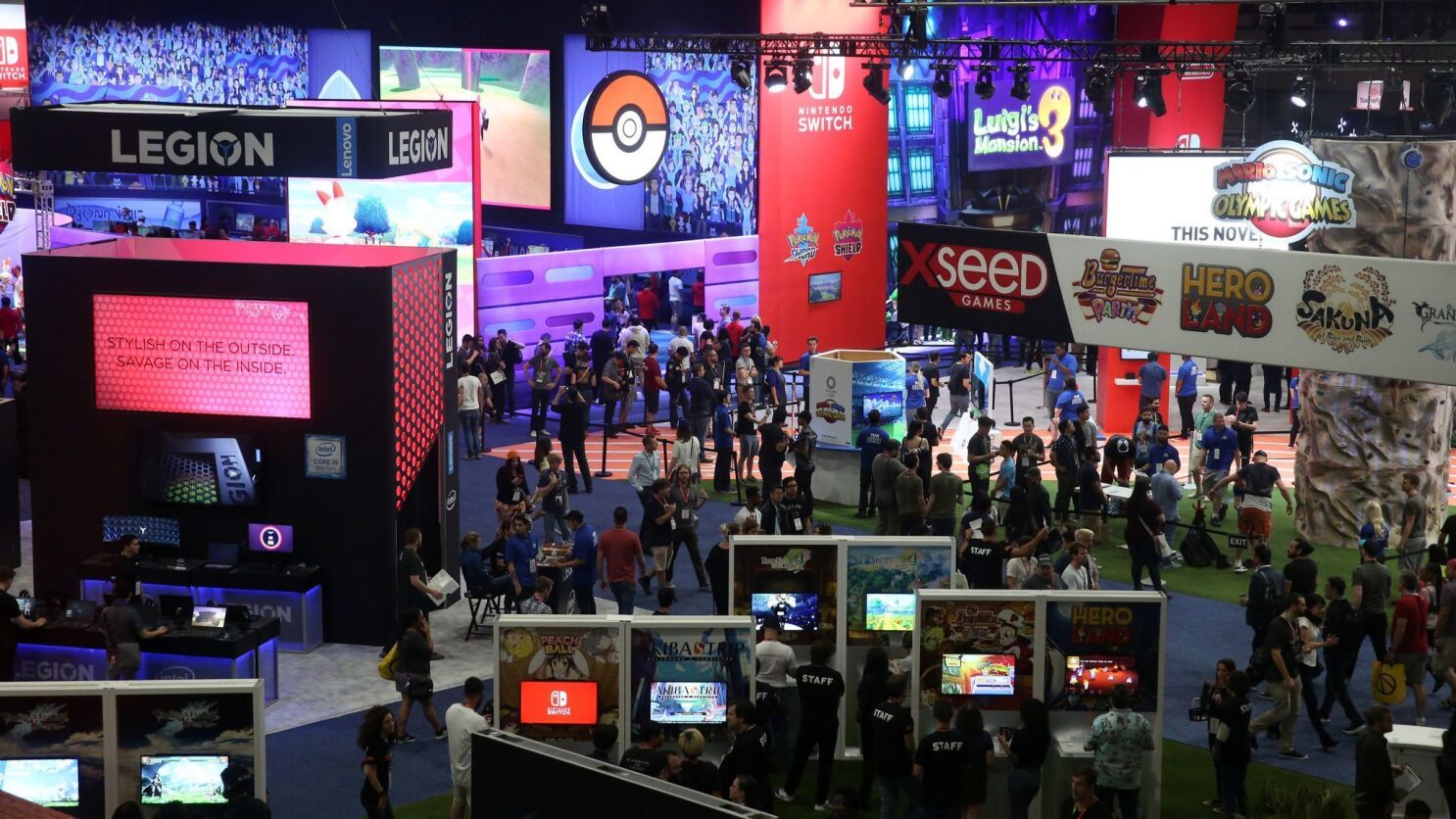Videogames 2 - Videogames are a specialised industry
 |
How do video games differ from other forms of media?:
Unlike other media where we simply consume what is given to us, video games are almost entirely interactive. The player has to an extent identify with and control the character within the product, the character is more often than not simply the utensil for you to feel a sense of accomplishment in yourself. Unlike say having a favourite character in a TV series where you simply have to reflect on their actions, etc. You are put in the driving seat. Full interactivity.
Larger video game studios (Think Triple A game production) often have vast amounts of expenditures upon specialised resources. Naturally you need many hands on deck to produce a full game. These are far from cheap to produce, studios always set out to produce something they are relatively sure will make their money back. It's for this reason however, video games more often than not have a higher RRP (Recomended Retail Price) than other forms of media; This is turn gives consumers a far higher quality expectancy due to forking out such a hefty portion out for it. (Think £40-50 varying price range for AAA games as of the moment)
Video games are vastly longer lasting forms of media for the most part, often spanning hours of content. To put it into perspective, the same audience member who goes to the theatre to watch Avengers : Endgame has an expectancy for the text to perhaps be two and a half hours or so, you go into the Witcher 3: Wild Hunt expecting 50 to 70 hours of content.
Unlike music, films, for video games you'll require a specific piece of growingly advanced hardware or a platform, like the Xbox One, PS4, or Nintendo Switch serving as the current generation of such. Many of these platforms take advantage of this, and use 'platform exclusive' released games as their unique selling points in an attempt to draw consumers to theirs rather than any other.
E3 and the role of trade shows in the videogames industry:
Though the game making process isnt as black and white as say a high budget blockbuster that goes through pre and post production in a relatively strict basis, game development is less easy to pin point just as simply, but here is the extremely basic generalised game development process:
Pre-production will begin, this is often considering the visual tone and feel for the game, with concept artists hired to visualise works that though may very well end up vastly different from the final product, give the often giant and sprawling development team a clear vision to work towards, it helps to generate a shared understanding and hopefully lead to the overall game feeling more cohesive at the end of the day. - Alongside concept art helping with the creative aspect of the project, design development documents are also frequented, which deal more with the practicality of game creation rather than look and feel. Rough drafts for game mechanics, locations and environments, characters, relatively everything that is to be included and how that will be the case.
The obvious next step following Pre-production is the actual coding of the game, the real meat and potatoes of the project that brings the imaginative ideas and designs to life, though many hours of technological blood, sweat, tears and lots of coders developing machine language, easily the most labour intensive work of a game's creation. Over the course of such, testers will be brought in to essentially quality check gameplay by simply playing the game and often attempting to act neuorotically until they find any lingering bugs (Minor/ Sometimes detrimental errors within the game.) and report these back to the coders to then iron out and create a smoother experience for the consumer later down the road. The game then goes through various stages and renditions, alpha, beta- then finally when all is ironed out. Launch.
Post production of games in the contemporary world usually leads to patching and ironing out additional bugs that the development team is informed of by players, in the hopes of fixing up the game and shipping this out as efficiently as possible to lead to less complaints, and better user experience. Essentially this is an intensive period of maintainance before a further relaxed approach can be taken.
Lastly, or more so coinciding with game development of major studio game production comes marketing and promotion, both through online social media presence, and press releases upon news sites, but more importantly at big name events such as E3 (Electronics Entertainment Expo) for example. A giant convention with gaming as it's focus, known for the place of many announcements within the industry of their products, with many of the press and media journalists invited first and foremost to document (hopefully in a good light) the experience and latest announcements to spark excitement and interest over upcoming releases and details. Or in the case of 2020, this never ends up happening at all.
 |
| A photograph from the E3 event a few years back. |
Comments
Post a Comment